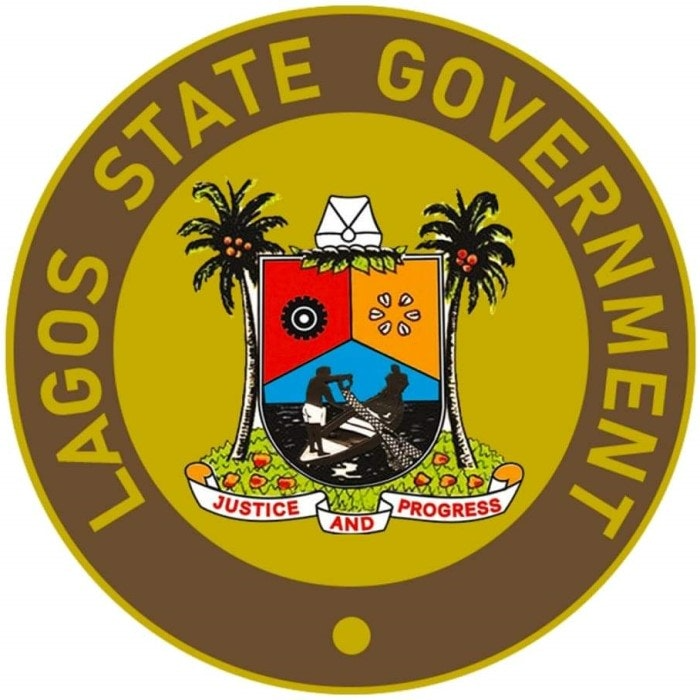CBN says Nigeria’s instant payment system is among the world’s most advanced, citing years of innovation, regulation, and fintech collaboration.
[dropcap]N[/dropcap]igeria instant payment system has been declared one of the most advanced in the world by the Central Bank of Nigeria, following decades of strategic reforms and innovation in the country’s financial services sector.
Also read: CBN Governor pledges stronger economic ties between Nigeria, Saudi Arabia
Director of Payments System Policy at the CBN, Mr Musa Jimoh, made the statement on Thursday during the FintechNGR Quarter Two Regulators’ Forum Webinar.
The session was themed “Beyond Compliance: Unlocking Innovation with Nigeria’s Open Banking Framework.”
Jimoh stated that Nigeria’s payment ecosystem has experienced significant evolution due to a deliberate mix of progressive regulation, technological innovation, and changes in user behaviour.
“Our payments happen within seconds, and that’s a very big one for Nigeria as a country,” he said. He added that the speed and security of transactions demonstrate Nigeria’s ambition to become a global leader in financial inclusion.
The forum brought together industry stakeholders and explored how open banking could unlock new opportunities for collaboration and financial deepening.
Jimoh traced the transformation journey back to 2006 when the CBN launched its first national payment system vision, aimed at creating a structured roadmap for the country’s financial evolution.
In 2010, Nigeria witnessed a major turning point as the apex bank enforced a migration from magnetic stripe cards to more secure chip-and-PIN EMV cards.
This decision, he noted, boosted consumer trust and accelerated the growth of card-based transactions.
Other major milestones included the rollout of Know Your Customer regulations, the introduction of mobile and agent banking, the launch of mobile money platforms, and the adoption of the cashless policy.
Jimoh also highlighted that over 160 licences have been issued to financial service providers across the country.
These include commercial banks, fintechs, and switching companies, all working to enhance infrastructure and manage the rising volume of digital transactions.
One notable policy, according to Jimoh, is the biometric Bank Verification Number system, which has ensured uniform customer identity across financial platforms, reducing fraud and improving data consistency.
On open banking, Jimoh stressed the importance of using customer-permissioned data to build new financial products.
He said that access to this data by developers could help bridge service gaps and promote personalised banking.
“Banks are holding onto vast amounts of data that could be leveraged to develop innovative financial products and services,” he explained. “
The data must be permissioned, and the customer must give consent before it can be used.”
Jimoh acknowledged that while the framework for open banking is promising, challenges remain around standardising APIs and ensuring cybersecurity. To address these concerns, the CBN has set up technical and policy workstreams.
“The CBN aims to create an environment where openness, inclusiveness, and innovation drive national economic resilience and prosperity,” he said.
Also read: Naira stability boosted as CBN injects $580m despite dwindling reserves
He reaffirmed the central bank’s commitment to deepening collaboration with private sector innovators and regulators to deliver better financial services across Nigeria.
Oreoluwa is an accountant and a brand writer with a flair for journalism.




























